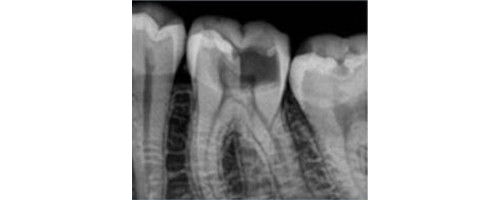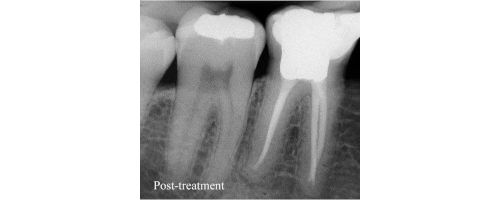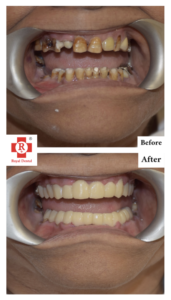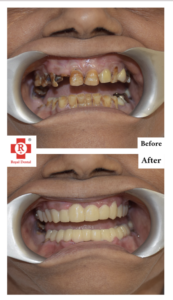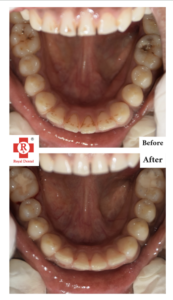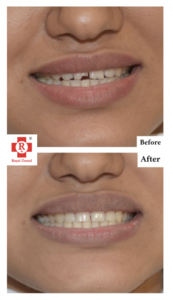Generally, people are less concerned when it comes to dental treatment. So most patients avoid getting dental treatment done and also feel that dental procedures are very expensive and time-consuming as multiple visits are required. Filling & Root Canal Treatment is a very common dental procedure carried out extensively.
Around 1.5 crore people undergo root canals in the Western world, it is estimated that in India this number would be way higher. As a nation, the amount of time & effort which a multiple-sitting root canal therapy would take would amount to huge costs when compared with single-sitting root canal therapies.
Despite your efforts to keep teeth clean and healthy, sometimes cavities are unavoidable. Luckily, Dr. Chirag Chamria and his team offer white composite fillings and root canal in Mumbai! A composite filling is a tooth-colored plastic and glass mixture used to restore teeth that have been damaged by decay. Composites are also used for cosmetic improvements of the smile by changing the color of the teeth or reshaping disfigured teeth.



